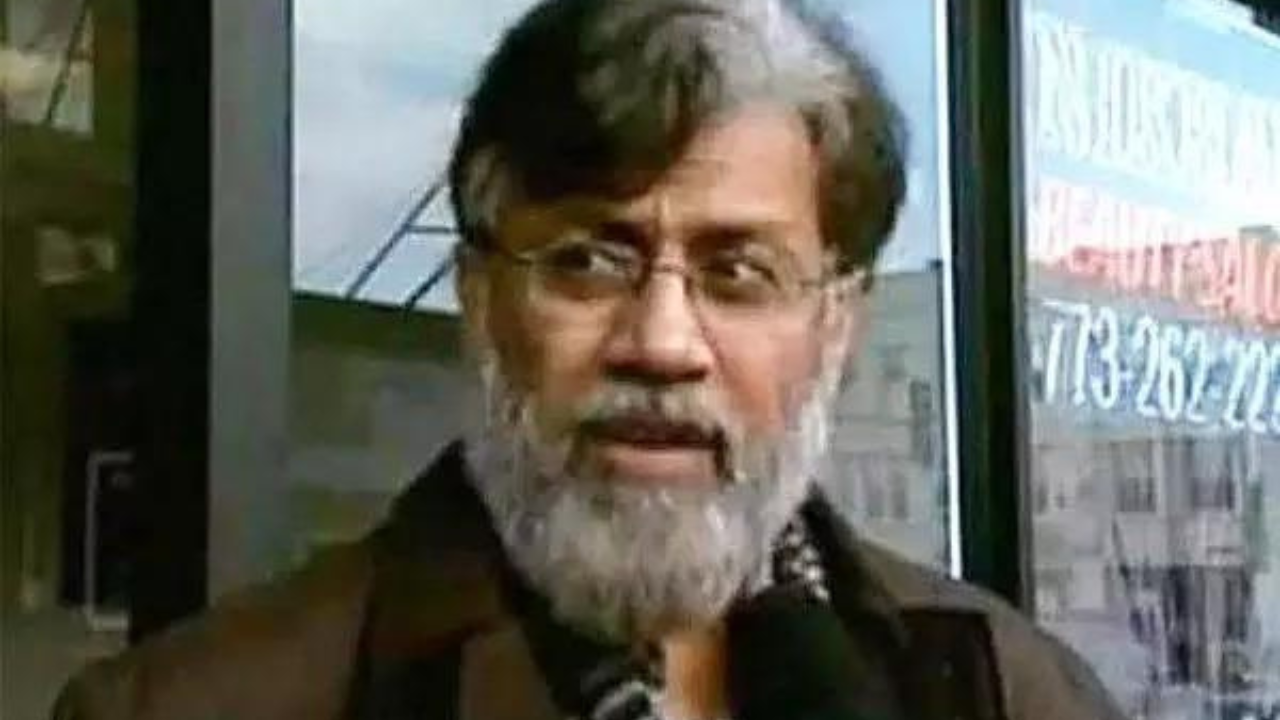The 2008 Mumbai Attacks: Tahawwur Rana and the Path to Justice
Prepare to be shocked. The chilling tale of Tahawwur Rana, a man with multiple identities—physician, immigration entrepreneur, and radical Islamist—is one that will send shivers down your spine. His involvement in the devastating 2008 Mumbai attacks was far-reaching, and his story is a stark reminder of the complexities of international terrorism.
The Many Faces of Tahawwur Rana
Tahawwur Rana wasn't just any ordinary man. He led a double life, expertly masking his extremist ideology behind the guise of a successful businessman. But behind this facade lurked a dangerous radical, a key financier for terrorist organizations such as Lashkar-e-Taiba and Indian Mujahideen. His collaboration with David Headley, a crucial figure in plotting the Mumbai attacks, reveals a level of premeditation and chilling ruthlessness rarely seen.
From Doctor to Terrorist Financier: A Deep Dive into Rana's Double Life
This seemingly respectable individual, the physician, the entrepreneur, was actively involved in supporting and facilitating the deadliest terror attacks in India's history. His involvement is a testament to the insidious nature of terrorist networks that camouflage their activities within seemingly ordinary lives. Evidence reveals Rana’s crucial role in logistics and financial planning, proving how far the tentacles of extremism reach into normal life, creating a network far greater and more complicated than initially envisioned.
Rana's Mumbai Trip: A Reconnaissance Mission
Before the attacks commenced, Rana's presence in Mumbai raised immediate suspicion. Records show he checked into the Hotel Renaissance in Powai, just days before the attacks that shook the city to its core. His reconnaissance mission serves to highlight the meticulous planning that went into this gruesome operation, showing an incredible amount of sophistication. His actions suggest that Rana wasn't merely a passive participant but was involved in directly overseeing preparation on the ground.
The Intercepted Conversation: A Smoking Gun
The intercepted conversation between Tahawwur Rana and David Headley is a horrifying piece of evidence that paints a disturbing picture. In it, Rana reportedly expresses support for the Mumbai attackers receiving Pakistan's highest posthumous military honors, this alone providing undeniable proof of his involvement in these catastrophic events.
A Crucial Piece of Evidence in Rana's Conviction
This conversation, cited by the US justice department in his 2013 conviction, reveals the extent of Rana's support and the extent to which the terrorists felt protected by external allies. This demonstrates the critical link between individuals acting outside of national sovereignty to facilitate the activities of groups engaged in state-sponsored terrorism.
The Extradition and its Implications
For years, India worked tirelessly to secure Rana's extradition. Finally, 16 years after the devastating attacks, their efforts bore fruit. This act symbolizes both legal persistence and justice.
A Long-Awaited Triumph for India: But Will It Lead to Normalisation of Relations?
Even with this significant legal victory, the impact of Rana’s activities is likely to be felt across diplomatic relations, hindering normalization between India and Pakistan. Rana’s extradition proves that the pursuit of justice and recognition for terror victims doesn’t have a statute of limitations. However, there is a lingering effect on geopolitical issues with Pakistan that remains unresolved. This will likely influence any diplomatic advancements made in the future.
The Enduring Legacy of the Mumbai Attacks
The Mumbai attacks serve as a grim reminder of the devastating impact of terrorism and the necessity for strong global cooperation in combating it. The attacks were a turning point in Indo-Pak relations, permanently altering geopolitical interactions between the two nations. Although India achieved a momentous legal victory, the dark clouds of political upheaval have a long shadow. Rana's case stands as a monument to unwavering pursuit of justice in terrorism and remains a touchstone to address this kind of aggression in the future.
A Call to Action: Preventing Future Tragedies
Rana’s case shows how critical international collaboration and intelligence sharing is to tackle terrorism on a global scale. Continued and collaborative investigation and a focused, combined approach to disrupt terrorist networks worldwide are necessary, to safeguard humanity's most prized values against extremist groups.
Take Away Points:
- Tahawwur Rana's involvement in the 2008 Mumbai attacks highlights the complexity of terrorism.
- His double life as a successful businessman masked his extremist ideology.
- His extradition is a triumph for India but will likely not bring instant reconciliation.
- The Mumbai attacks highlight the need for improved international anti-terrorism cooperation.




